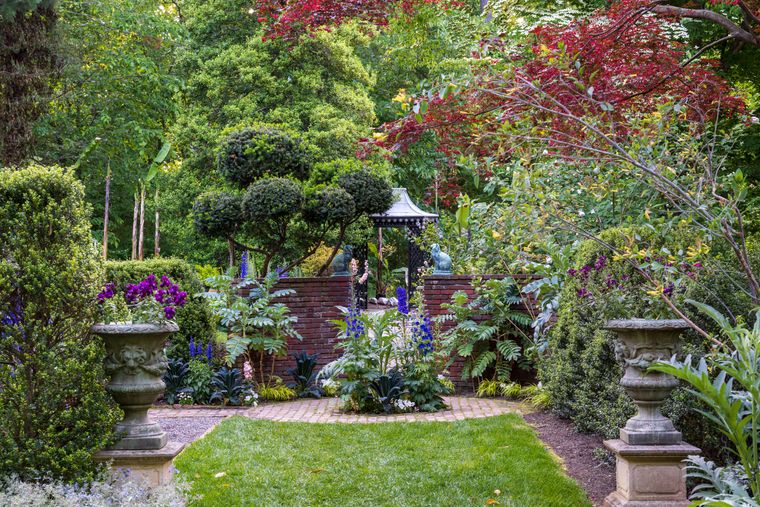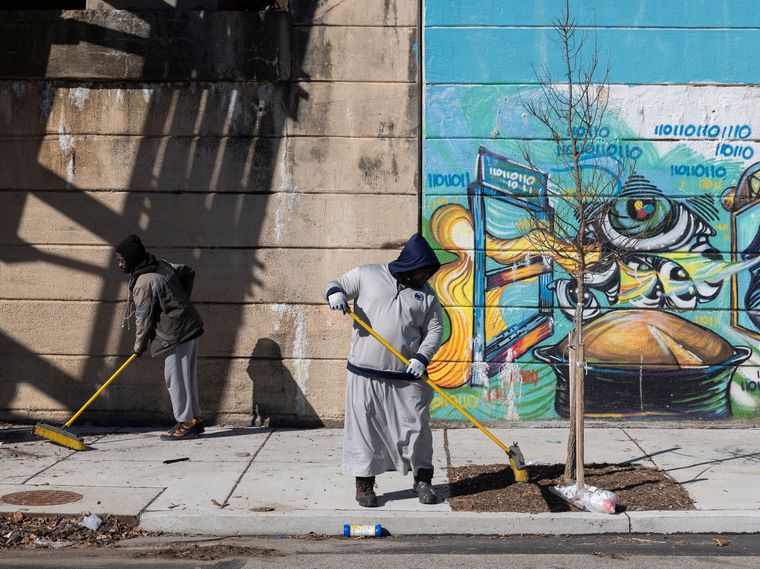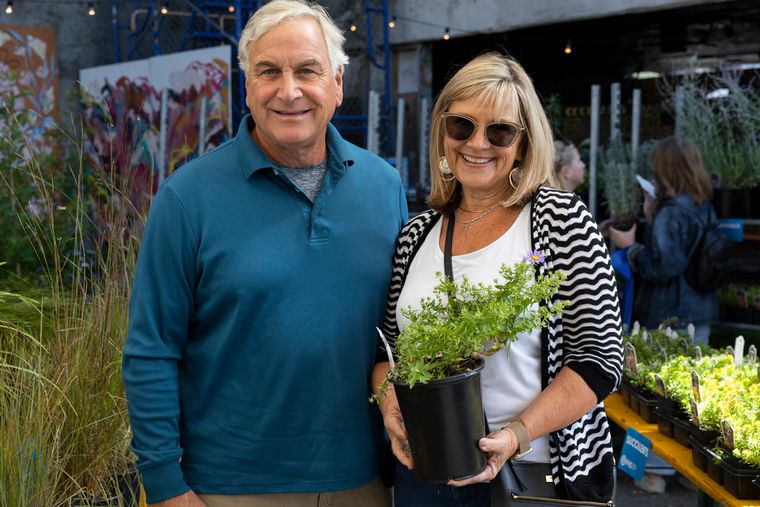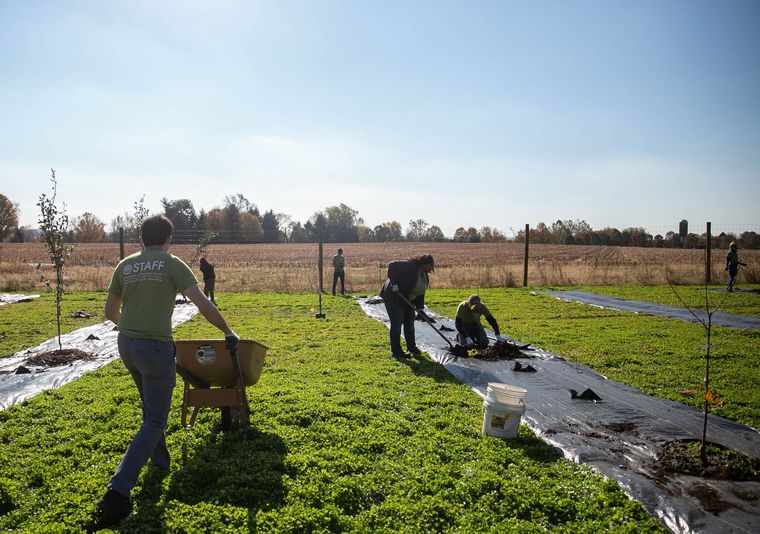



The Do’s and Don’ts of Gardening for Wildlife
sustainable gardening
gardening projects

By Melissa O'Brien
Gardening for wildlife is something anyone can do to reclaim and maintain natural habitats that support pollinators and the overall health of the local ecosystem. “It's not a matter of having to turn your whole yard into a wildlife garden,” says PHS VP of Horticulture Andrew Bunting. “There are little things that everybody can do -- and if everybody on a block or in a neighborhood, or even if 10% of the people in those neighborhoods made some concerted efforts -- it would make a big difference.”
Biodiversity begins in your backyard (or patio!) when you choose to incorporate sustainable gardening practices that create a healthy habitat for wildlife, including food, water, cover, and places for animals and insects to raise their young.
Here are some simple ways you can build a more hospitable garden for wildlife while enhancing the natural landscape and designing a beautiful garden space.

Do Follow These Rules...
Do: Reduce Your Lawn
The biggest thing you can do to support the natural ecosystem in your area is to reduce the amount of lawn on your property. Not only will this provide more planting space for perennials, shrubs, and trees with good ecological functions, but it also reduces the amount of fossil fuels and pesticides that are needed to maintain a lawn.
Do: Make Conscious Planting Choices
Choose plants that support pollinators, whether they’re butterflies, moths, or wasps. Andrew says, “If you’re going to pick only one pollinator plant, choose any of the mountain mints.” Pycnanthemum muticum happens to be one of the 2022 PHS Gold Medal Plants, which are chosen every year for their ease of cultivation, multiple seasons of interest, commercial availability, plus their appropriateness for the Mid-Atlantic region, and value to wildlife.
Also consider planting species that provide a good seed and fruit source for songbirds, such as Aronia, chokeberry, Cornus florida, native dogwoods, and coneflowers. If you are planning to plant a tree, a native oak tree -- such as the white oak -- Quercus alba is also a fantastic choice that hosts an abundance of native birds and insects.
Do: Use Leaves as Mulch
Putting down triple shredded mulch from the store does not do much for the habitat, however, repurposing leaves from your yard back into your garden beds for the winter does provide shelter for insects. Leaving the stems from perennials over the winter also creates a place for insects to hibernate for the winter in the hollowed-out stems.
Do: Add a Water Feature
Having some sort of water source in your garden is ideal for attracting wildlife. Whether it’s a birdbath or a small pond, flowing water is best to attract wildlife while keeping mosquitoes at bay.
Do: Create a Habitat Den
If you cut back your perennials or have some twigs in your yard, use these materials to create a habitat den for wildlife to take shelter in. If you don’t like the look of this element in your garden, find creative ways to hide the den behind plants or shrubs.

Don’ts of Designing Your Garden for Wildlife...
Don’t: Leave Lights On
Turning off outdoor lights at night helps the ecosystem by saving moths from dying and providing a safe corridor for birds during the migration season. Especially in cities, the migrating birds are attracted to the light from buildings and sometimes end up flying into them.
Don’t: Use Pesticides
Instead of using pesticides that are harmful to the environment, substitute organic alternatives like Safer’s insecticidal soap or dormant oils.
Don’t: Plant Invasive Species
Another way to help the local ecosystem is to avoid planting invasive species and remove them if they are already planted on your property. Instead, research plants native to your growing area and replace with those.
Don’t: Rely on Fossil Fuels
Recently, there has been a push to reduce the use of fossil fuels in the garden, especially two-cycle engines (this would include tools like weed whips, chainsaws, and blowers). Instead, make the switch to battery-operated tools. As an example, STIHL makes several battery-operated devices, including mowers, blowers, and pruners.
By implementing any of the above practices, you are doing your part to support the natural ecosystem and the circle of life. Small changes you make now can have ripple effects that support the long-term health and well-being of people, plants, and wildlife.
Interested in gardening for the greater good? Sign up to get PHS gardening resources and event updates.


